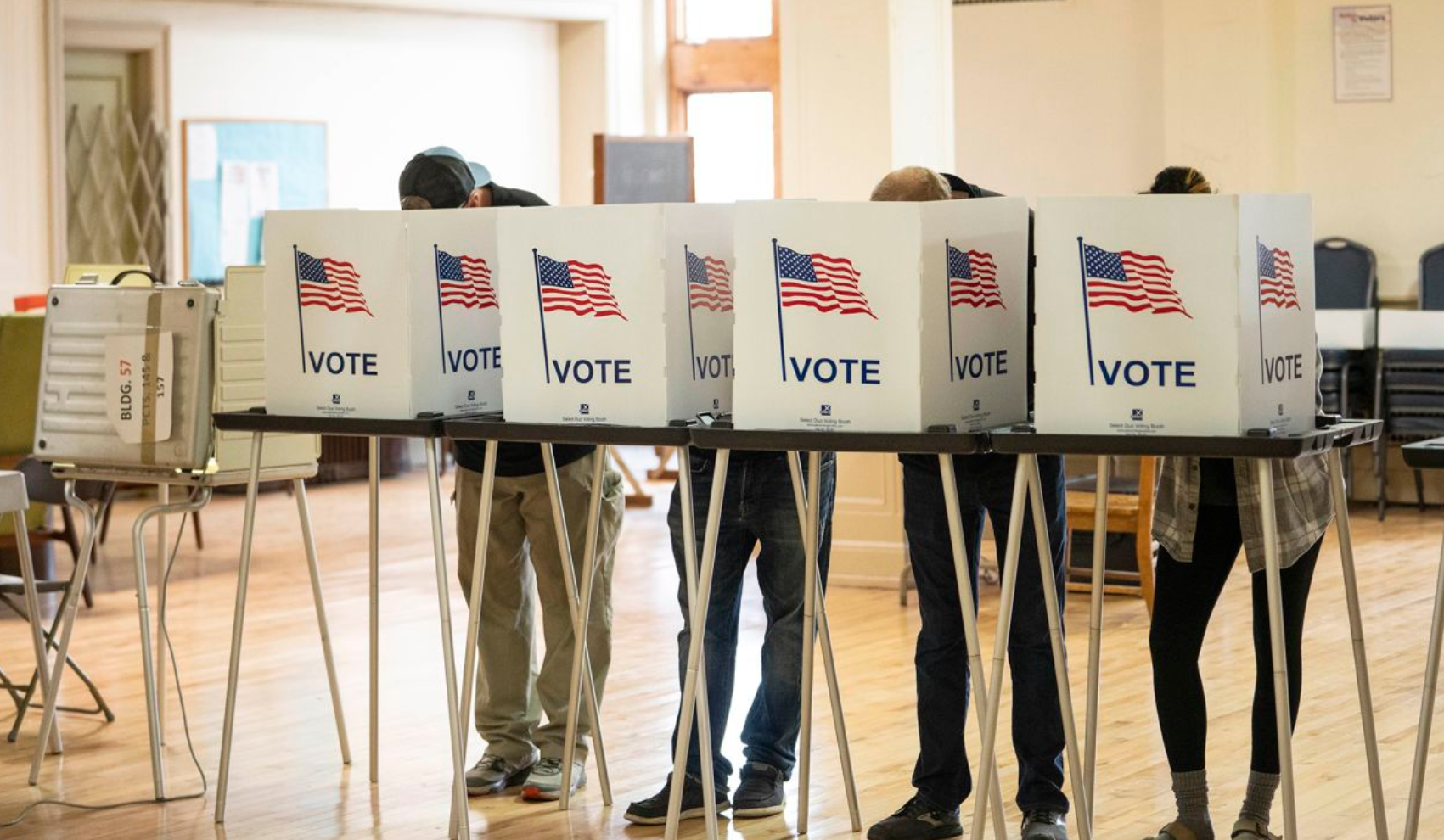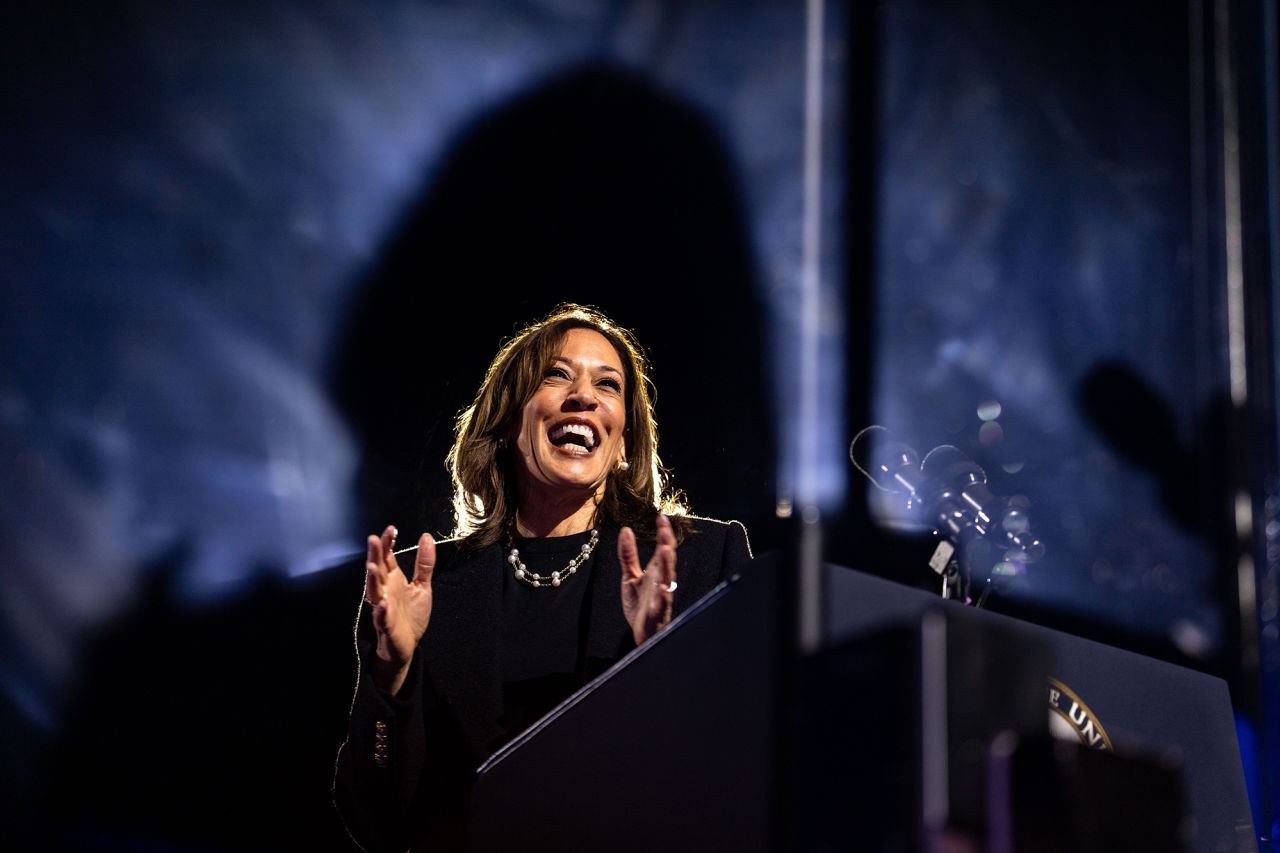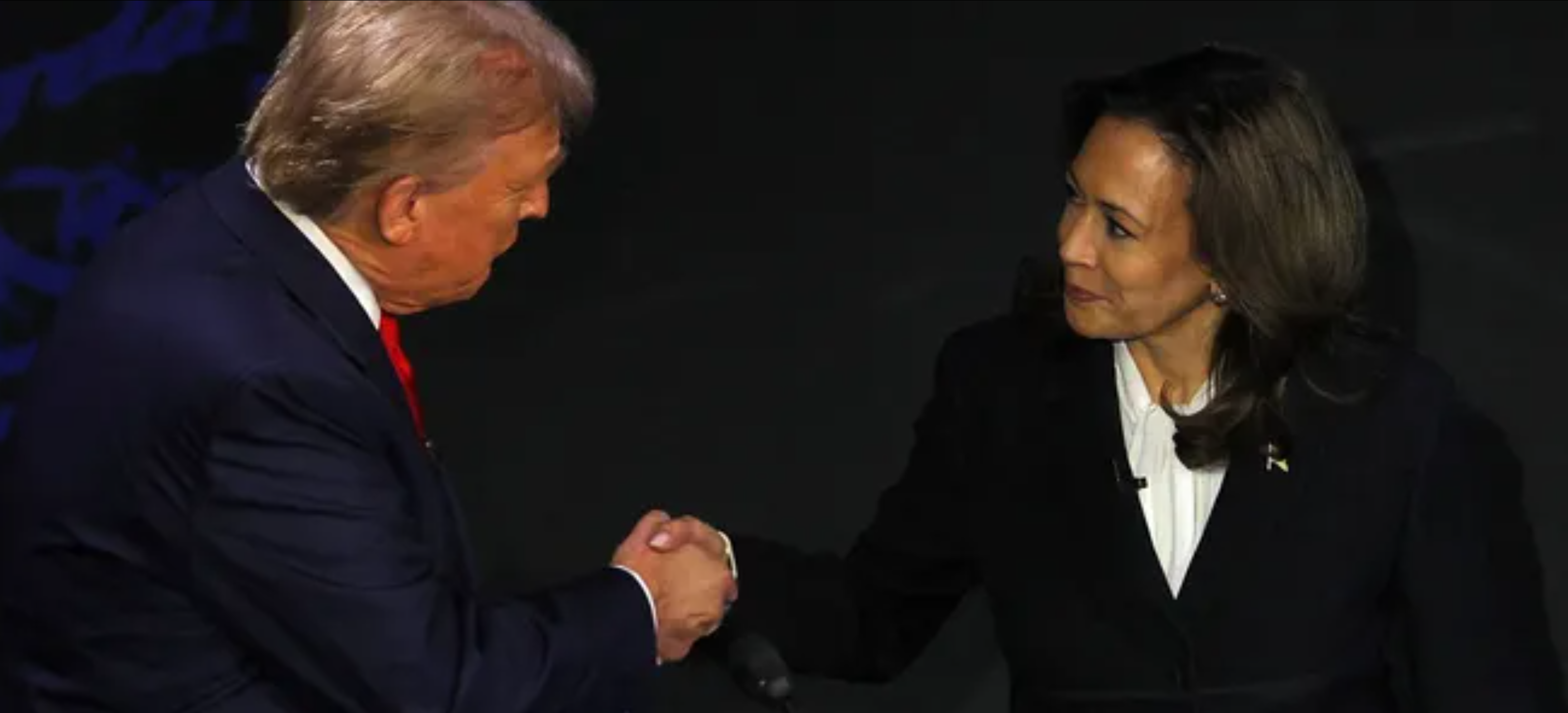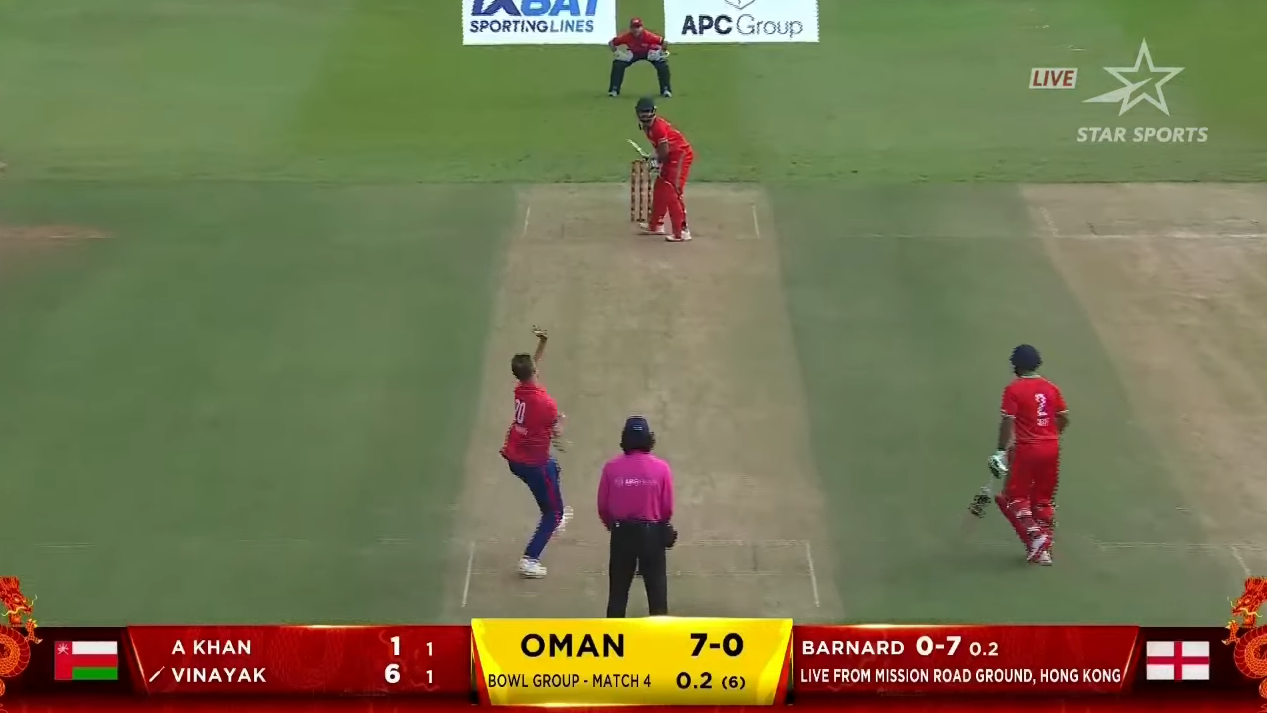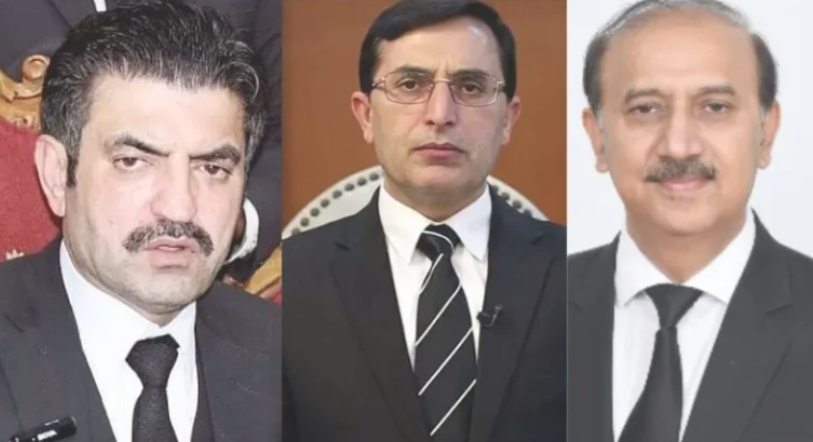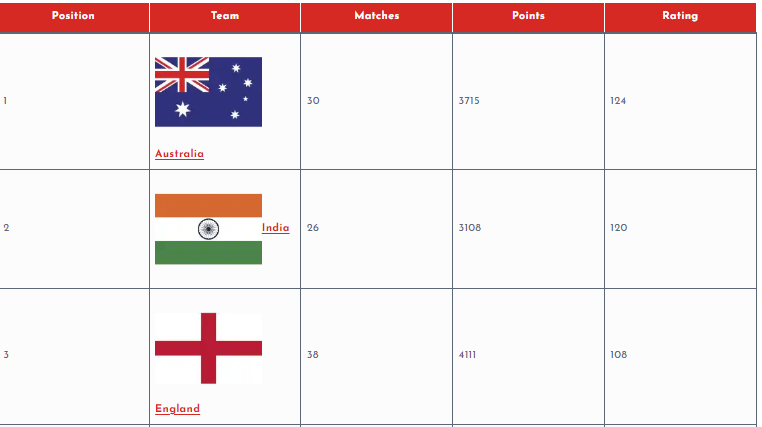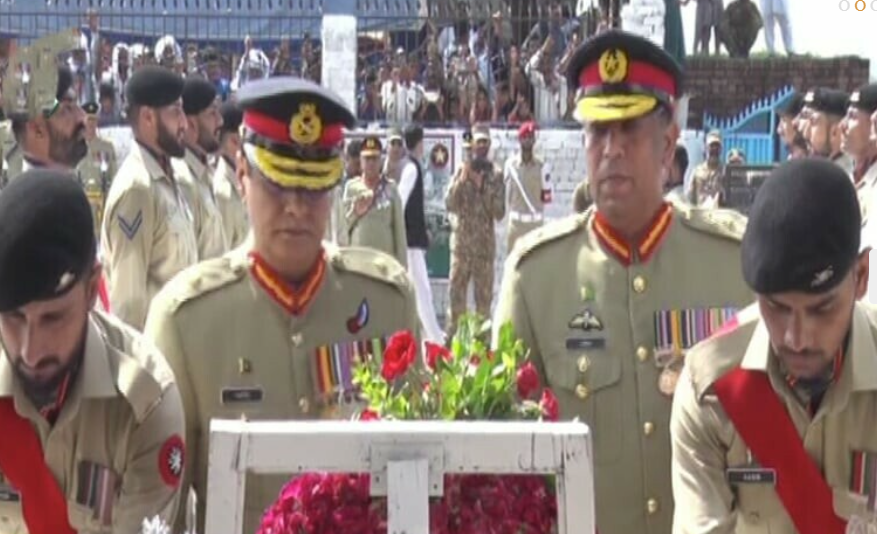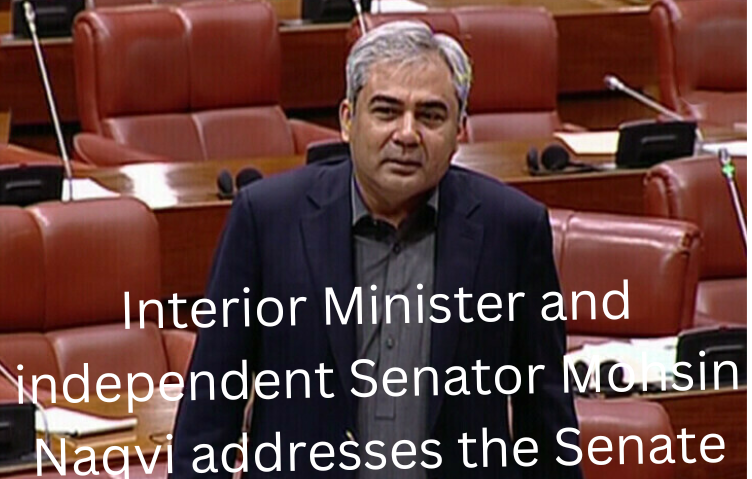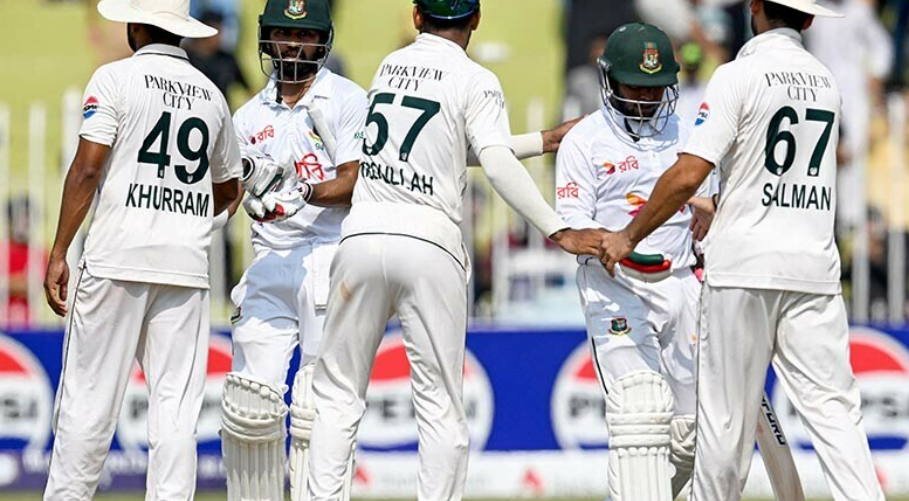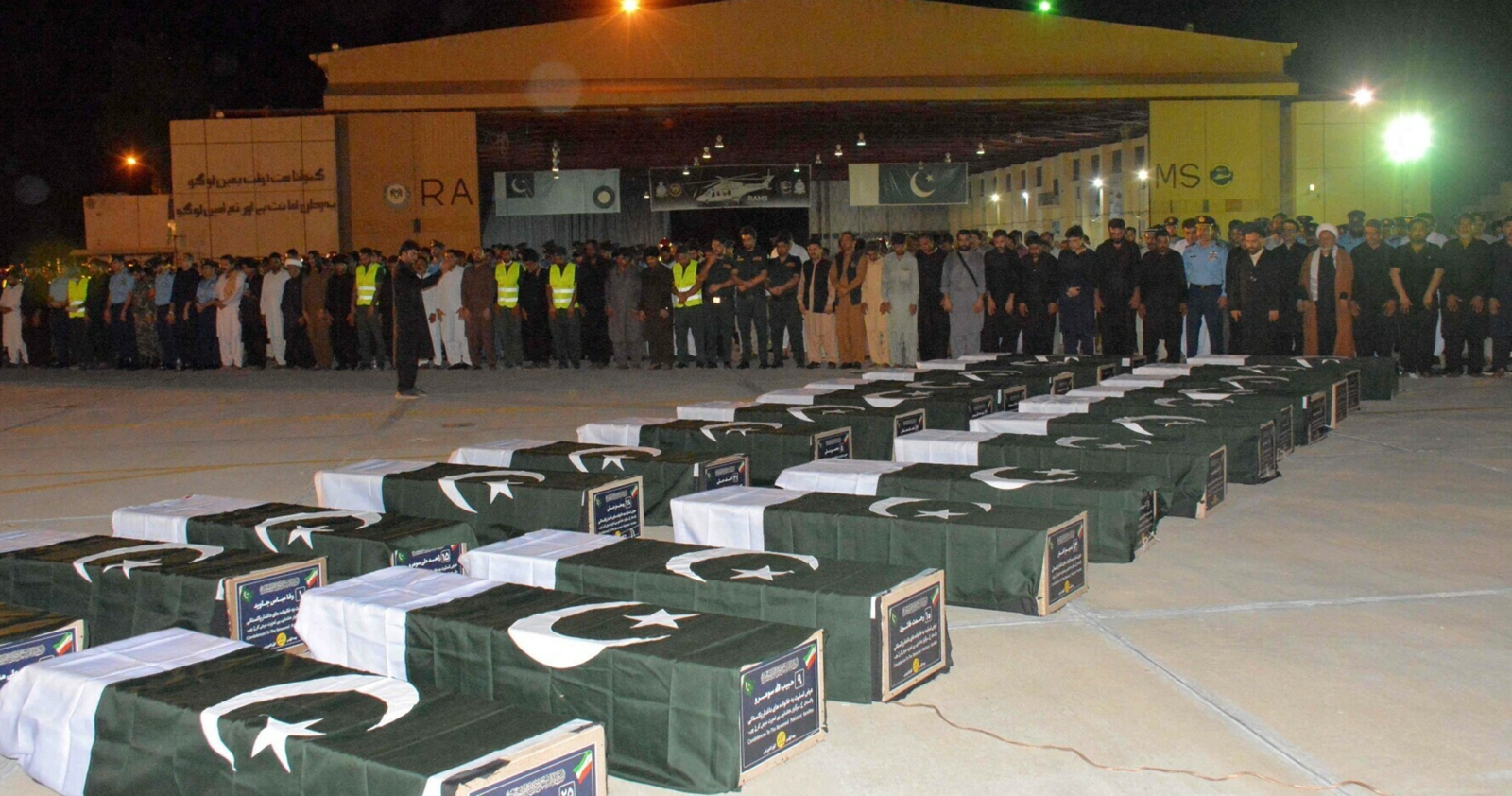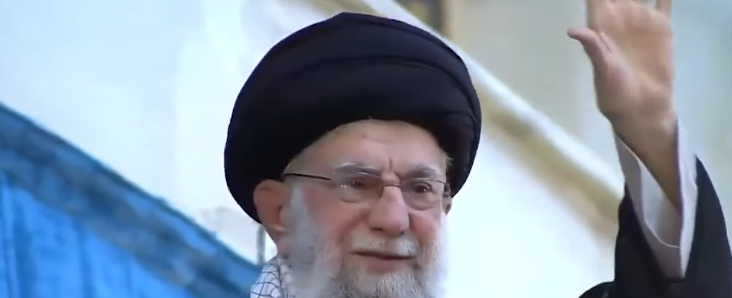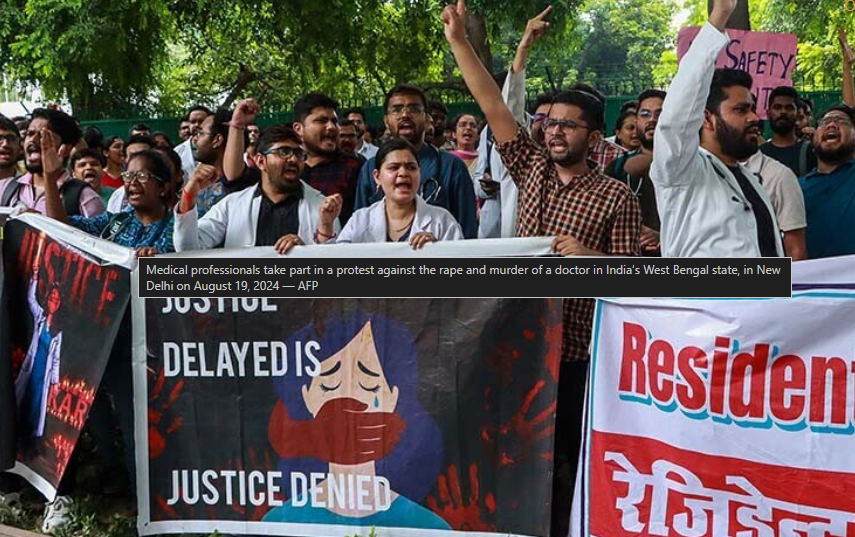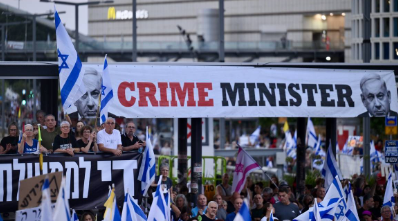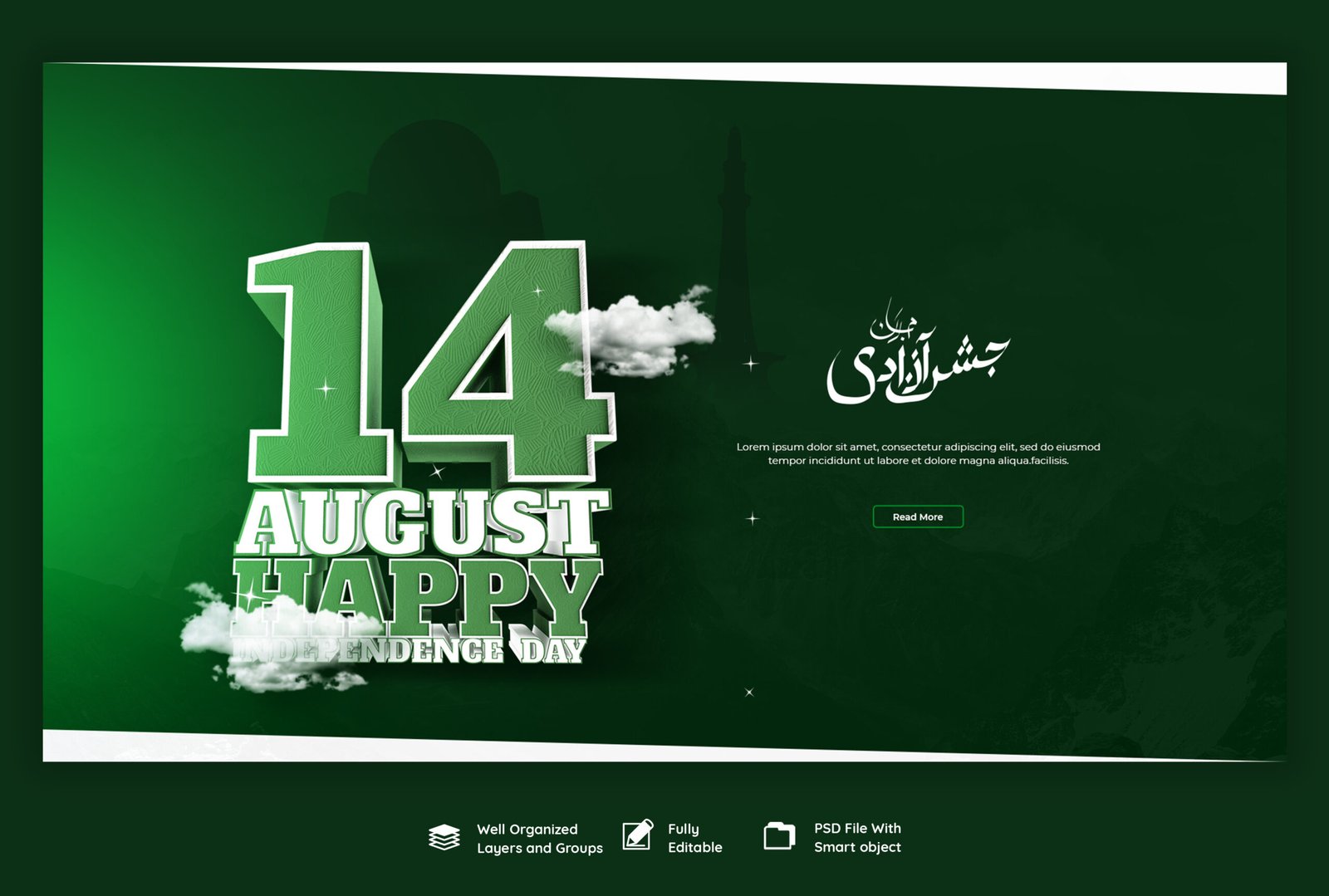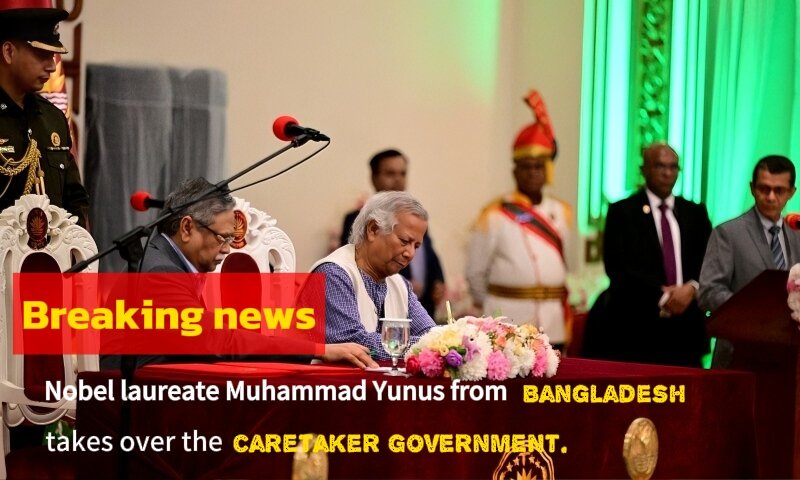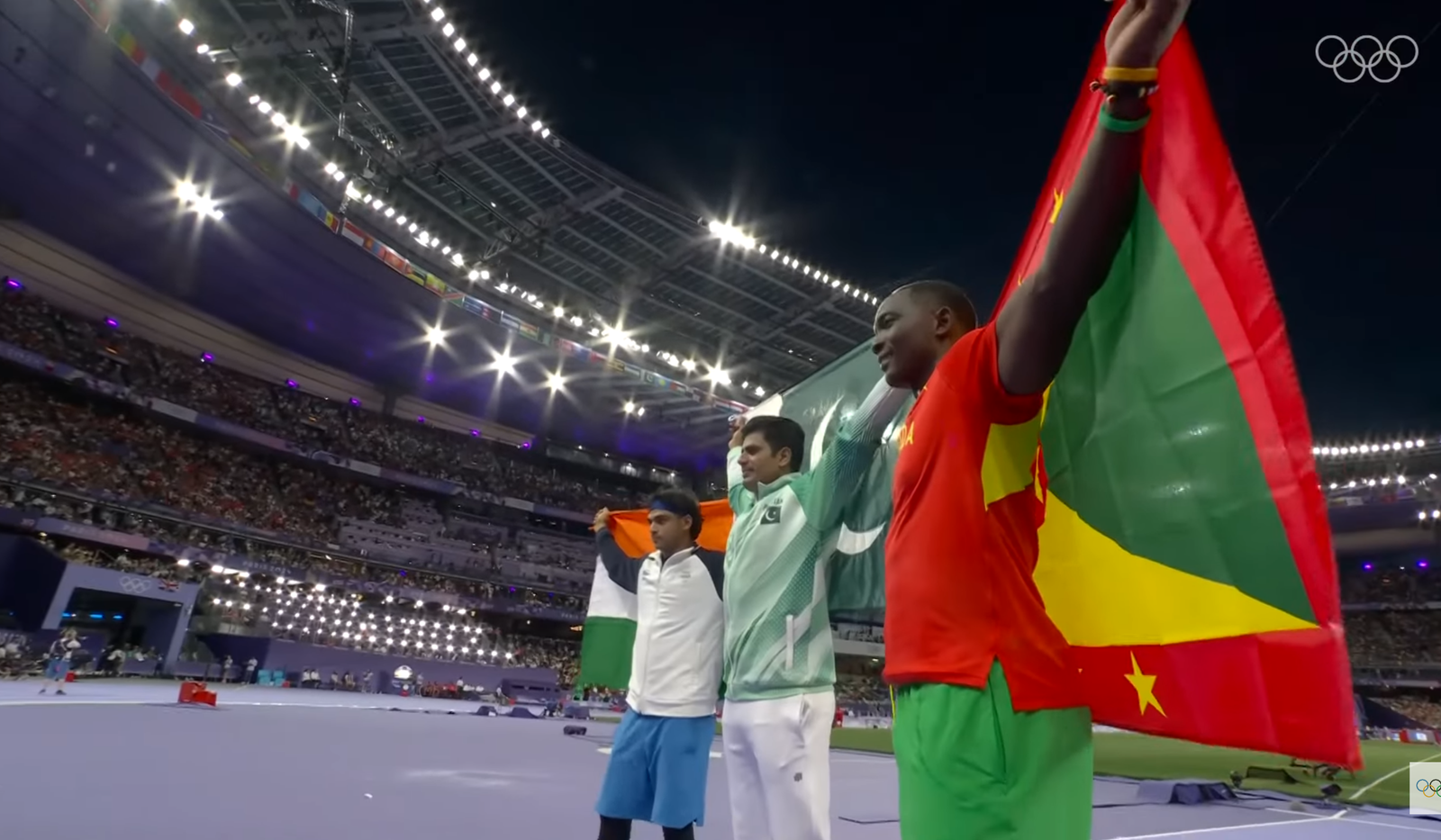
Rakshabandhan, often referred to as Rakhi, is one of the most cherished festivals in India. Celebrated with immense joy, this festival symbolizes the deep bond of love, protection, and respect between brothers and sisters. Observed every August on the full moon day of the Hindu month of Shravana, Rakshabandhan is derived from the Sanskrit words “Raksha,” meaning protection, and “Bandhan,” meaning bond. This festival signifies the bond of protection that siblings share and is an integral part of Indian culture.
The Significance of Rakshabandhan
The essence of Rakshabandhan is embodied in the sacred thread known as Rakhi. This thread is tied around the brother’s wrist by his sister and symbolizes her love and prayers for his well-being. In return, the brother pledges to protect her throughout his life. Rakhi ceremonies extend beyond biological siblings to include cousins, distant relatives, and even close friends, highlighting the festival’s universal appeal.
The significance of Rakshabandhan is not just in the ritual but in the enduring bond of love, care, and mutual respect between siblings. This festival reaffirms the commitment siblings make to each other, celebrating their relationship with great enthusiasm.
How Rakshabandhan is Celebrated
Rakshabandhan celebrations vary across different regions of India, but the central theme remains consistent. Traditionally, the day begins with a ceremony where sisters perform an aarti (a ritual of worship) for their brothers. They apply a tilak (a mark on the forehead) and tie the Rakhi on their wrists. Brothers, in return, give gifts or money to their sisters as a token of their love and promise to protect them.
Families gather to celebrate with feasts, sweets, and the exchange of gifts. In modern times, as families are often spread across different cities or countries, the essence of Rakshabandhan is maintained through virtual celebrations and the sending of Rakhis by post. This adaptation ensures that the festival’s significance is preserved even when physical gatherings are not possible.
Happy Rakshabandhan Wishes: Expressions of Love
Wishing each other on Rakshabandhan is a crucial part of the celebration. These wishes express love, care, and the deep connection between siblings. Here’s how Rakshabandhan wishes are typically conveyed:
- Traditional Wishes: Traditional Rakshabandhan wishes focus on blessings and the well-being of the sibling. For instance, you might say, “May this Rakhi bring you success and happiness. Happy Rakshabandhan, dear brother/sister!” Such wishes convey heartfelt sentiments and hopes for prosperity in each other’s lives.
- Modern Wishes: In contemporary times, Rakshabandhan wishes often include humor and light-heartedness. For example, a sister might say, “Happy Rakhi to the best brother in the world! Thanks for always being there, even when I annoy you!” These wishes reflect the playful and affectionate nature of sibling relationships.
- Wishes Across Distances: With many families living apart, Rakshabandhan wishes have adapted to bridge distances. Messages, phone calls, and social media posts are filled with Rakhi wishes. A typical message might be, “Even though we are miles apart, my love and blessings are with you. Happy Rakshabandhan, dear brother/sister!” These wishes help maintain the connection despite physical separation.
- Cultural Wishes: In India’s diverse cultural landscape, Rakshabandhan wishes are often expressed in various languages. For instance, “Raksha Bandhan ki hardik shubhkamnayein” in Hindi, “Raksha Bandhan da lakh-lakh vadhaiyan” in Punjabi, or “Raksha Bandhan ki subhkamana” in Gujarati. These wishes highlight the cultural richness and shared joy of the festival across different communities.
- Gifts with Wishes: Rakshabandhan wishes are often accompanied by thoughtful gifts. Brothers might give their sisters jewelry, books, or other desired items, along with a card that reads, “Wishing you a very Happy Rakshabandhan! May your life be filled with happiness and success.” Similarly, sisters might send gifts to their brothers with messages of love and blessings.
The Emotional Connection
Rakshabandhan is more than a ritual; it is an emotional bond that strengthens the sibling relationship. The wishes exchanged on this day carry significant emotional weight, reaffirming the love and care between siblings. For many, Rakshabandhan wishes are a reminder of the bond nurtured since childhood, which continues to grow stronger over time.
In India, where family ties are deeply valued, Rakshabandhan and the wishes exchanged on this day hold a special place in people’s hearts. The joy of receiving a Rakhi and a heartfelt wish from a sister, or the happiness of sending a gift and a loving message to a brother, are cherished experiences.


